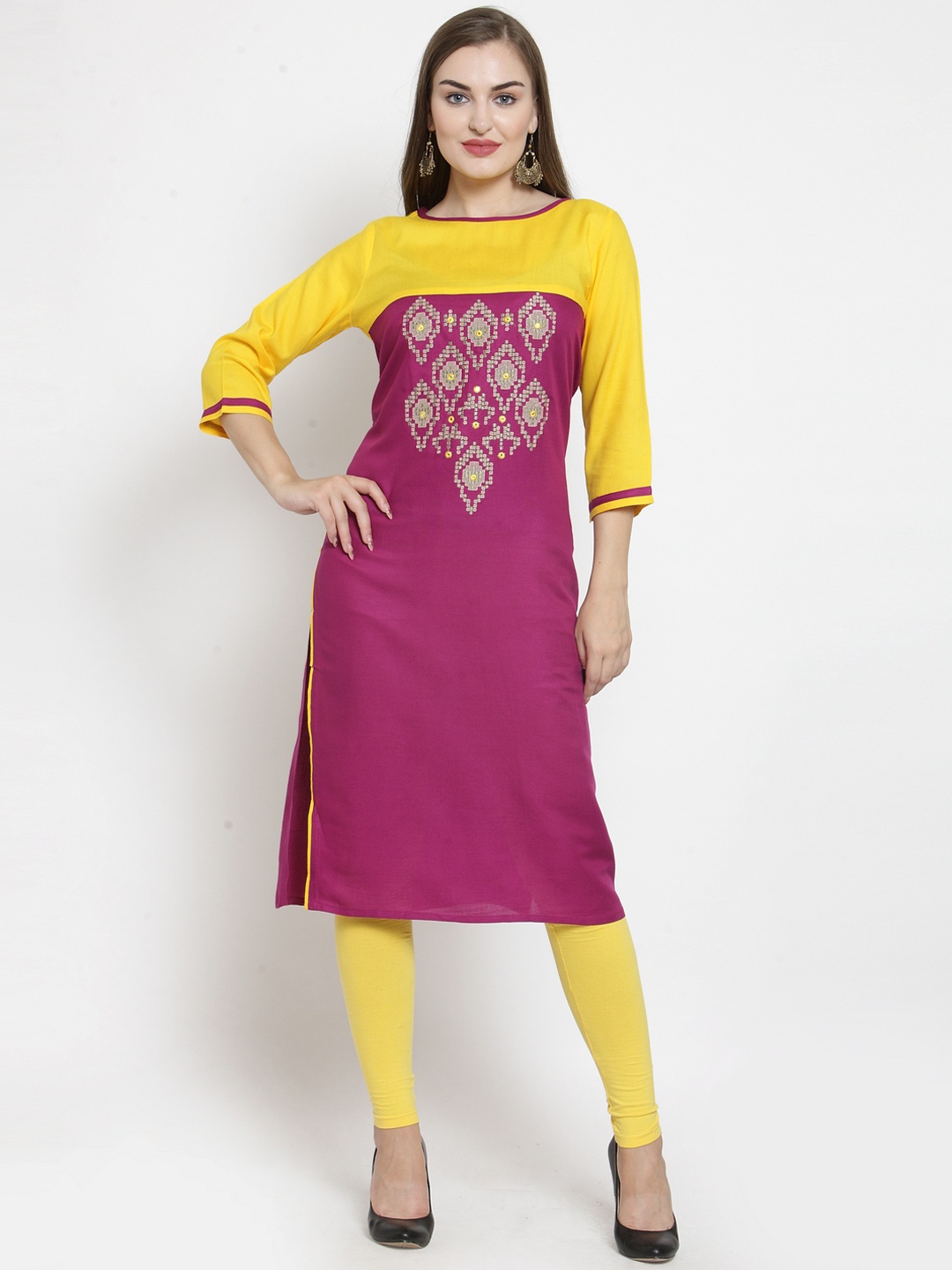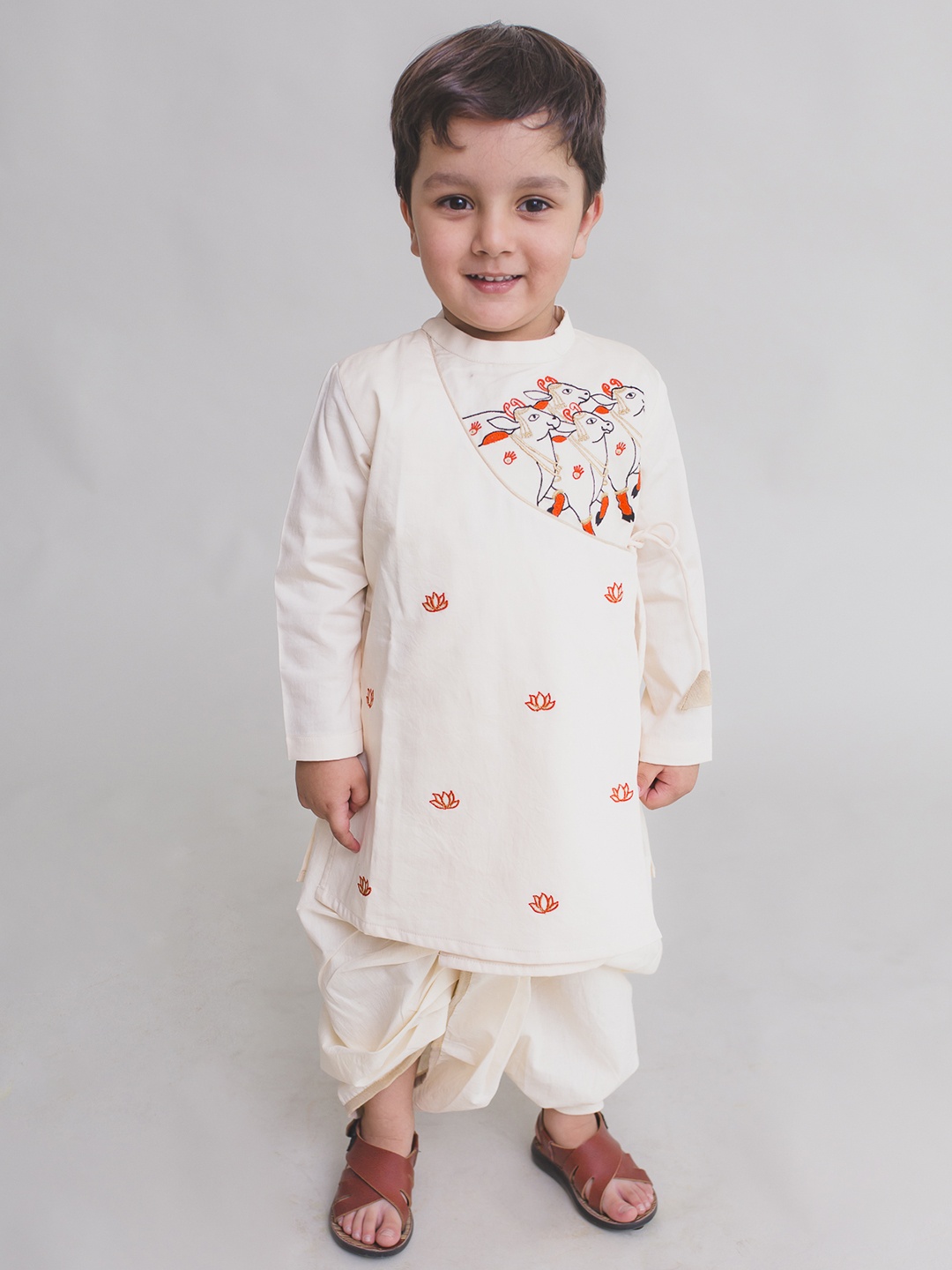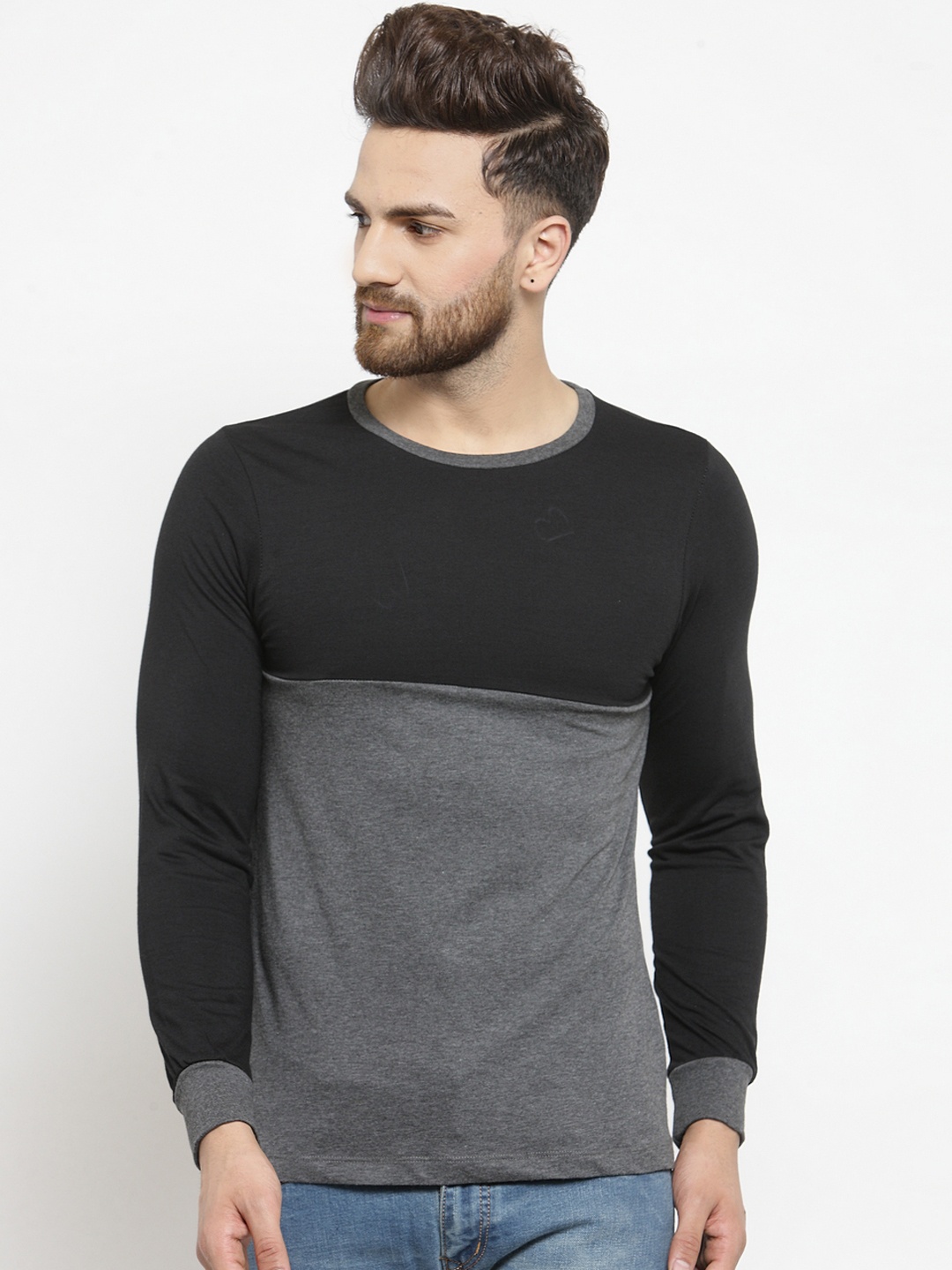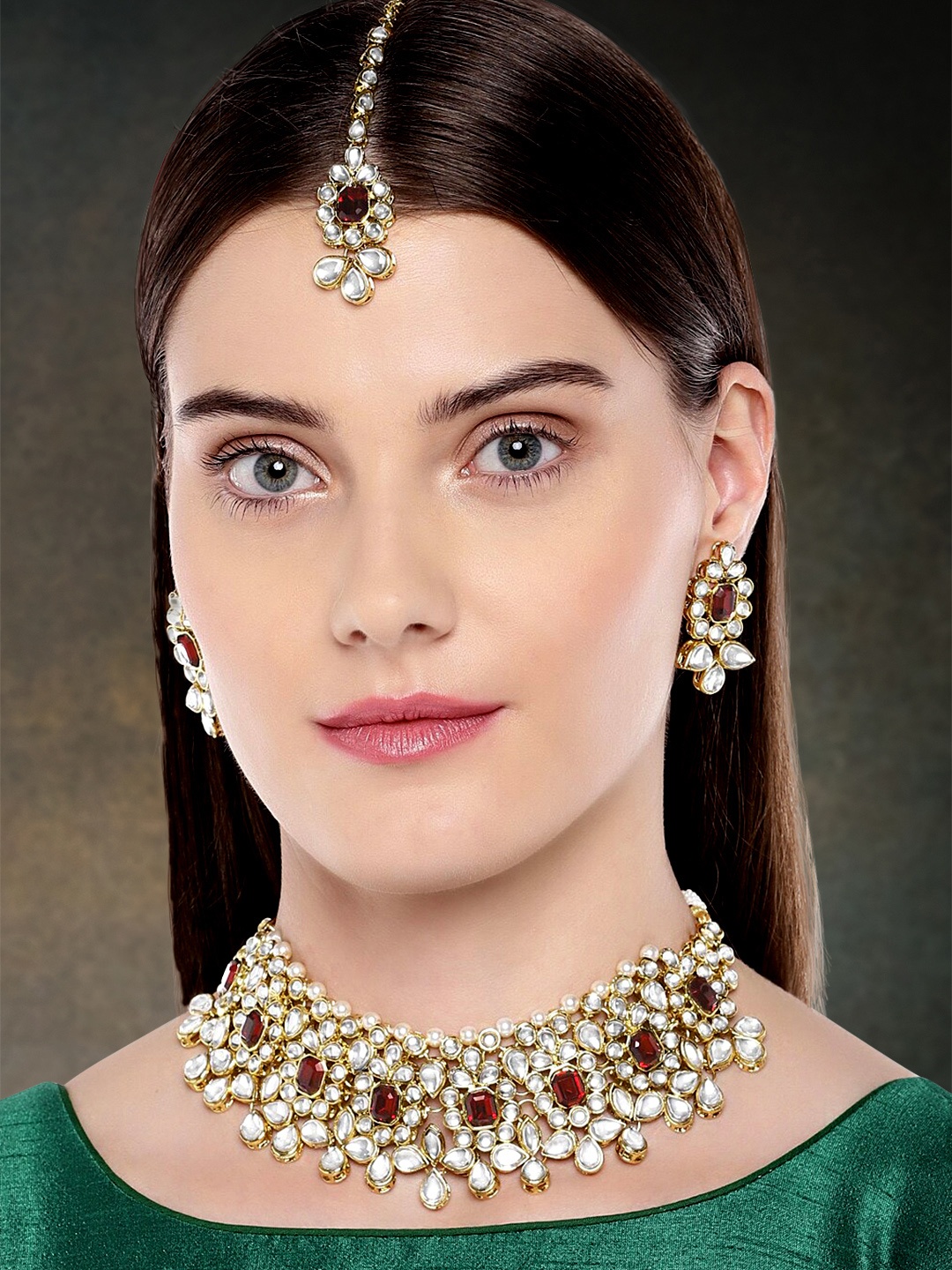Ticking With Purpose: Why Watches Refuse To Go Out Of Style
Even with smartphones glued to our palms, watches still cling to our wrists. But why? This article explores the timeless charm and practical pull of wristwatches in a digital world.

Why People Still Wear Watches In The Age Of Smartphones
In an era where smartphones, smartwatches, and voice assistants dominate our daily routines, one might assume the humble wristwatch has ticked its last. Yet, it continues to thrive, adorning wrists across generations. Whether analogue or digital, watches remain a staple accessory, defying the odds of obsolescence. Their continued relevance is not just about telling time but something far more personal and symbolic. So, what keeps people wearing watches when technology offers more? The answer lies in a blend of habit, identity, and subtle utility. Watches are more than timekeepers; they are statements, tools, and sometimes even heirlooms. As we explore the reasons behind their enduring popularity, you'll discover that watches offer something smartphones simply cannot replicate. From psychological comfort to social signalling, the wristwatch still has a story to tell.

Wristwatch Culture; Photo Credit: Pexels
A Sense Of Ritual And Routine
Wearing a watch is often part of a person's daily ritual. The act of strapping it on each morning can signal the start of the day, much like brewing a cup of tea or checking the news. This small gesture provides a sense of structure and readiness. Unlike phones, which are often buried in pockets or bags, a watch is always visible, offering a glance at the time without distraction. For many, this tactile experience is grounding. It's a moment of mindfulness in a world of constant notifications. The wristwatch, in this sense, becomes a quiet companion in the rhythm of life.
Also Read: Watches That Make You Look Twice, Now At Up To 30% Off
A Symbol Of Identity And Style
Watches are deeply personal. They reflect taste, lifestyle, and sometimes even values. Whether minimalist or ornate, vintage or modern, a watch can say a lot about its wearer. In professional settings, it can signal punctuality and attention to detail. In social circles, it might hint at a love for craftsmanship or a connection to tradition. Unlike smartphones, which tend to look similar across users, watches offer a canvas for individuality. People choose them not just for function but for how they feel wearing them. This emotional connection makes watches more than accessories; they become part of one's identity.

Timekeeping Trends; Photo Credit: Pexels
Practicality Without Distraction
One of the most underrated advantages of a wristwatch is its simplicity. It tells the time, nothing more, nothing less. In contrast, checking the time on a smartphone often leads to a rabbit hole of messages, apps, and distractions. Watches offer a focused experience. For professionals like journalists, performers, or editors, this can be invaluable. During interviews, meetings, or performances, glancing at a watch is discreet and respectful. It avoids the social faux pas of pulling out a phone. In this way, watches preserve attention and presence, qualities increasingly rare in our tech-saturated lives.
Also Read: Smartwatches That Care: Stylish Picks With Female Health Trackers From ₹2,999
Emotional And Generational Value
Watches often carry emotional weight. They are gifted during milestones, birthdays, graduations, anniversaries, and passed down through generations. This gives them a sentimental value that smartphones rarely achieve. A watch worn by a parent or grandparent becomes a tangible link to family history. Even newer watches can hold memories of specific events or achievements. This emotional resonance makes them cherished items, not just tools. For many, wearing a watch is a way of honouring the past while staying present. It's a quiet nod to continuity in a world that changes rapidly.

Tech And Lifestyle; Photo Credit: Pexels
A Quiet Rebellion Against Overconnectivity
In a world where everything is connected, some people wear watches as a form of resistance. They choose analogue over digital, simplicity over complexity. This isn't about rejecting technology entirely but about reclaiming control. Watches offer a way to stay informed without being overwhelmed. They don't buzz, ping, or demand attention. For those seeking balance, a watch can be a small but powerful statement. It says: “I value time, but I won't let it control me.” This quiet rebellion is gaining traction, especially among those who feel fatigued by constant connectivity.
Some Titan Watches To Consider On Flipkart
1. Neo Economy Analog Watch For Women
2. Multifunction Analog Watch For Men
3. Octane Analog Watch For Men
4. Raga Power Pearls Analog Watch For Women
5. Neo Ladies V Analog Watch
6. Fastrack Oceanyx Quartz Blue Shaped Dial Men's Watch
7. Fastrack Oceanyx Quartz Blue Shaped Dial Men's Watch
8. Fastrack Oceanyx Quartz Black Shaped Dial Men's Watch
9. Fastrack Oceanyx Quartz Green Shaped Dial Women's Watch
10. Fastrack Oceanyx Quartz Blue Round Dial Women's Watch
Despite the rise of smart devices, the wristwatch remains firmly strapped to our lives. It offers more than just time; it provides routine, identity, practicality, sentiment, and even a touch of rebellion. In a world that often feels rushed and overloaded, the watch stands as a symbol of intentionality. It reminds us that time is not just something to manage but something to experience. So, whether you wear one for style, habit, or heritage, your watch is doing more than ticking; it's telling your story.
Frequently Asked Questions (FAQs)
Q1: Why Do People Still Wear Watches When Phones Show The Time?
Watches offer quick, distraction-free access to time. Unlike phones, they don't tempt users with notifications or apps, making them ideal for staying focused and present.
Q2: Are Watches Still Considered Fashionable Today?
Yes, watches remain a popular fashion accessory. They allow individuals to express personal style and often complement both casual and formal outfits in ways that phones cannot.
Q3: Do Watches Have Any Practical Advantages Over Smartphones?
Absolutely. Watches are more discreet, especially in professional or social settings. They also function without needing to be charged daily, making them reliable timekeepers.
Q4: Can Wearing A Watch Improve Time Management?
For many, yes. The constant visibility of a watch can reinforce punctuality and awareness of time, helping users stay on schedule without the distractions of digital devices.
Q5: Are Watches Still Popular Among Younger Generations?
Surprisingly, yes. Many younger people appreciate watches for their aesthetic appeal, emotional value, and as a way to disconnect from constant digital engagement.
Disclaimer: The images used in this article are for illustration purpose only. They may not be an exact representation of the products, categories and brands listed in this article.

























